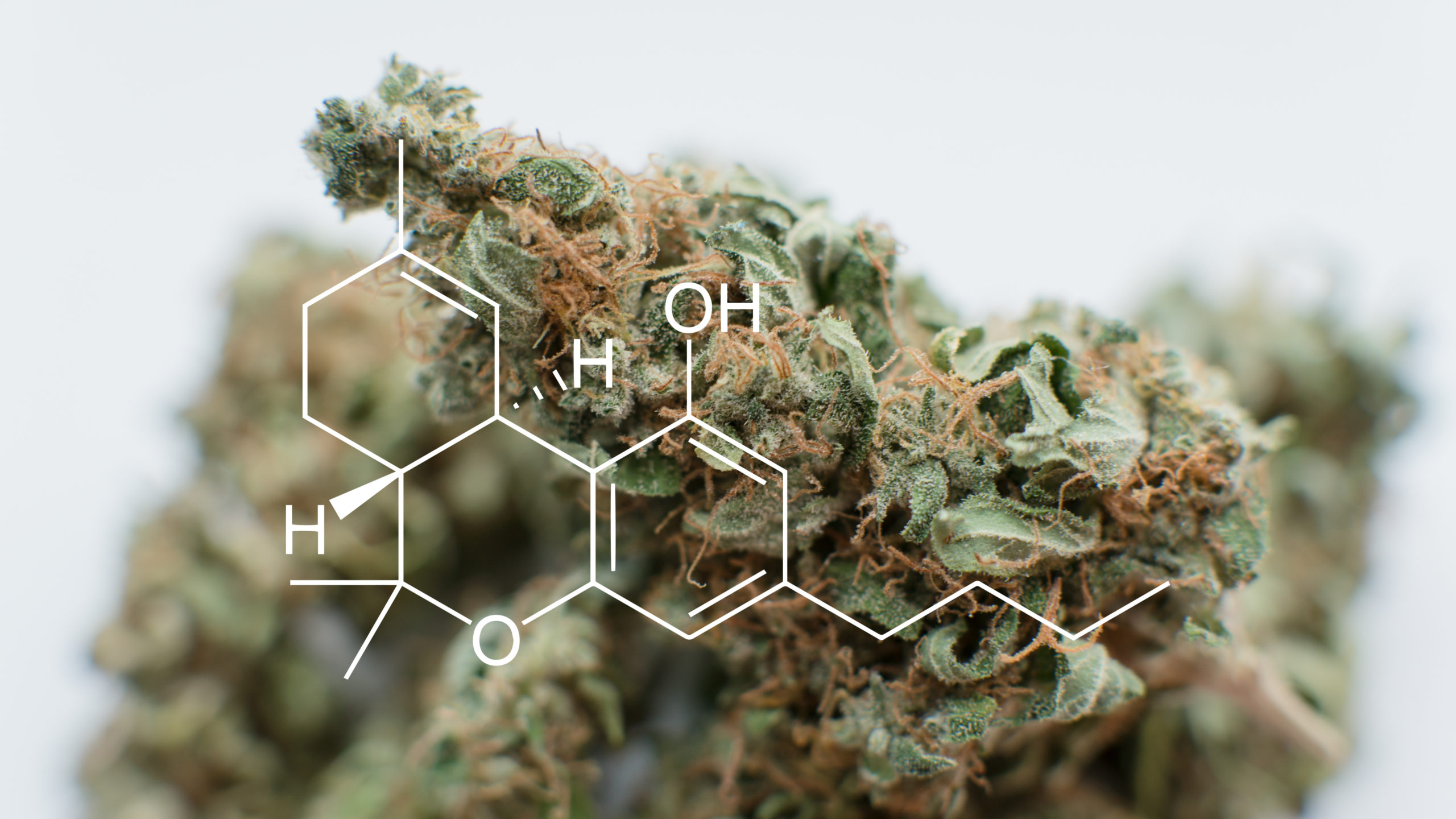
THC P, short for tetrahydrocannabinol, is a naturally occurring cannabinoid that has been garnering attention for its potent properties and potential therapeutic benefits.
In this article, we will delve into the fascinating world of THC P, exploring its benefits, mechanism of action, potential side effects, legal status, ongoing research, and more.
Mechanism of Action
THC P interacts with the body’s endocannabinoid system, specifically the CB1 and CB2 receptors. Through its binding affinity to these receptors, THC P modulates neurotransmitter release and influences various physiological processes.
This interaction plays a crucial role in the potential therapeutic effects of THC P, making it a compound of interest for medical research.
Potential Side Effects
As with any compound, THC P carries the possibility of side effects. While research on THC P is still limited, some potential adverse effects may include dizziness, dry mouth, and changes in cognitive function. It is essential to consider these factors and consult with healthcare professionals before using THC P.
Legal Status
The legal status of THC P varies across different jurisdictions. As of now, THC P is not widely regulated, but it falls under the broader category of cannabinoids, which are subject to specific regulations.
The legality of THC P is an evolving landscape, and it is important to stay informed about local regulations and changes in legislation.
Future Research
The scientific community is actively engaged in further exploring the potential of THC P. Ongoing research aims to uncover additional therapeutic applications, elucidate the precise mechanisms of action, and investigate potential synergies with other cannabinoids. As more research emerges, we can expect a deeper understanding of THC P and its future role in medicine.
Conclusion
In conclusion, THC P exhibits potent properties and offers exciting possibilities in the field of medicine. While research is still in its early stages, initial findings suggest that THC P may have therapeutic benefits for various conditions.
As our understanding of this cannabinoid expands, it opens doors to new treatment options and potentially improves the lives of many individuals.
Got Any Questions? (FAQs)
Is THC P psychoactive?
THC P is a cannabinoid that may have psychoactive effects, but more research is needed to fully understand its properties.
Can THC P be used as a replacement for THC?
THC P and THC are distinct cannabinoids with different properties. It is important to consult with healthcare professionals for personalized guidance.
How is THC P extracted?
The extraction of THC P involves specialized techniques using cannabis plants. More research is needed to optimize extraction methods.
What are the potential risks of using THC P?
While THC P shows promise, potential risks may include side effects such as dizziness and changes in cognitive function. Further research is necessary to assess long-term effects
Are there any medical conditions that THC P can help with?
Preliminary studies suggest that THC P may have therapeutic potential for chronic pain, neurodegenerative disorders, and cancer-related symptoms. However, more research is required to establish its efficacy.
Leave a Reply